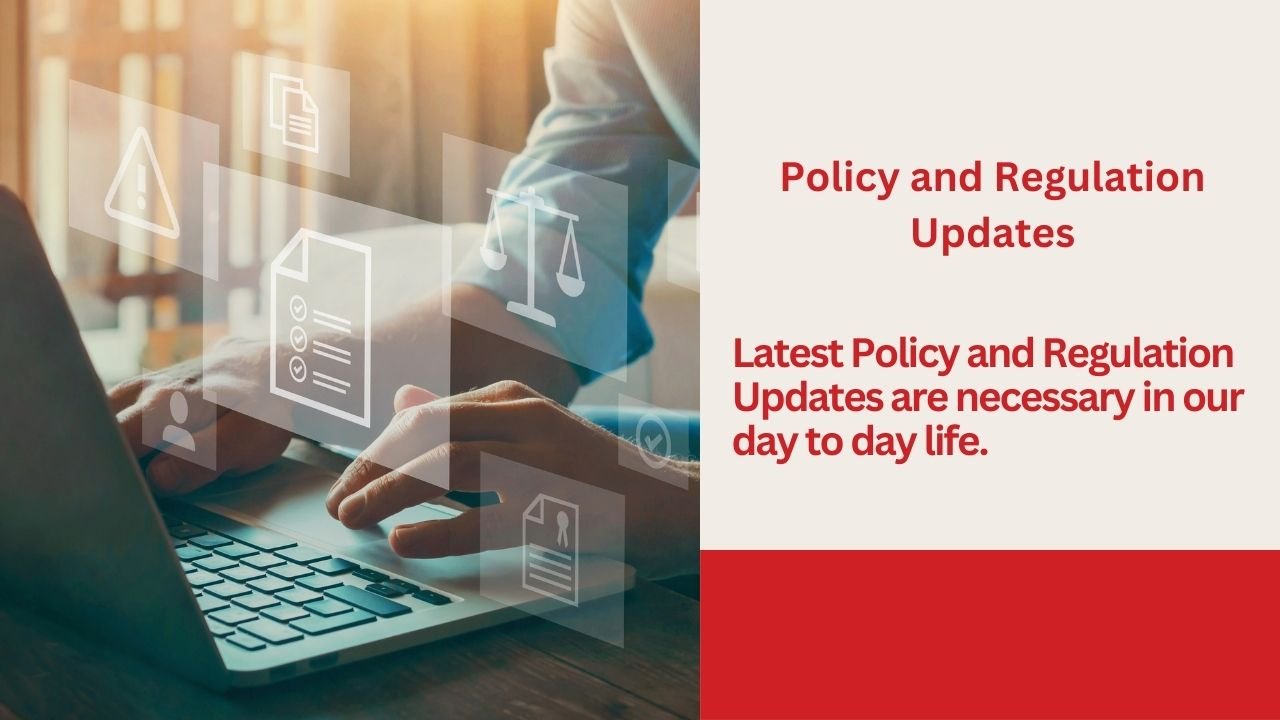
The rise of online education has opened the door to countless learning opportunities for students, professionals, and lifelong learners. From platforms offering free courses to those charging premium prices, there’s something for everyone. But how do you decide between free and paid online courses? Which option offers better value? While both have their benefits, the decision depends on several factors, such as your goals, budget, and the quality of the course material. In this blog, we’ll explore the differences between free and paid online courses and help you determine which option is right for you.
1. Cost Considerations
One of the most obvious differences between free and paid online courses is cost. Free courses are accessible to everyone, which makes them an attractive option, especially if you’re on a tight budget or just exploring a new subject. Many free courses cover a wide range of topics, and some are even offered by prestigious institutions. However, free courses often come with limitations in terms of depth, resources, or instructor interaction.
On the other hand, paid courses typically offer more comprehensive material, better resources, and often, personalized support from instructors or tutors. Paid courses may also provide certificates of completion, which can add value to your resume or LinkedIn profile. So, if you’re looking for in-depth learning or credentials to advance your career, investing in a paid course could be a better option.
2. Course Quality and Depth
When comparing free vs. paid online courses, another critical factor is the quality and depth of the content. Free courses can be a great starting point, but they are often more generalized, providing only a broad overview of the subject. Since these courses don’t require financial investment, the course creators may not offer comprehensive material or frequent updates.
Paid courses, however, often provide a more in-depth exploration of the subject matter. In many cases, the curriculum is designed by industry professionals or experts in the field, ensuring that you get access to current and relevant information. Paid courses may also offer structured lesson plans, assignments, and assessments, helping you to stay on track and measure your progress. For those seeking specialized knowledge or hands-on training, a paid course could provide the extra value needed for skill development.Free vs paid online courses
3. Instructor Support and Feedback
One major advantage of paid online courses is the level of interaction and support from instructors. In free courses, instructor involvement is often minimal or nonexistent. This can make it challenging if you run into difficulties or have specific questions about the material. Free courses may rely heavily on self-study, with no direct feedback on assignments or projects.Free vs paid online courses
In contrast, paid courses often include personalized support, whether through one-on-one tutoring sessions, group discussions, or timely feedback on assignments. Having access to an expert who can guide you through complex topics and provide feedback can greatly enhance your learning experience. Additionally, paid courses may offer networking opportunities with peers and professionals in your field, adding further value.
4. Certificates and Credentials
For many learners, earning a certificate or credential is a key motivation for taking online courses. While free courses can be informative and engaging, they often don’t provide certificates upon completion, or the certificates may not hold much value in the job market.
Paid courses, however, typically offer certificates that are recognized by employers and professional organizations. These credentials can be a valuable addition to your resume, especially if you’re looking to boost your qualifications in a competitive field. Some paid courses are even accredited by educational institutions, making them more respected by employers and offering you a leg up in career advancement.
5. Time Commitment and Motivation
Both free and paid courses require time and effort, but your commitment level may differ depending on the financial investment. When you pay for a course, you’re more likely to take it seriously and complete it, as you want to get your money’s worth. The structure and accountability that come with paid courses also tend to keep students motivated and on track.
Free courses, while low-risk, often come with the challenge of maintaining self-discipline. Without financial investment or deadlines, many students may lose motivation or fail to complete the course. If you’re someone who struggles with procrastination or needs external accountability, a paid course might provide the extra push you need.
Conclusion
In summary, whether you choose a free or paid online course depends on your goals, budget, and desired learning experience. Free courses are excellent for exploring new topics without a financial commitment, but they often lack depth, support, and recognition. Paid courses, while requiring an investment, typically offer a more structured learning environment, access to expert instructors, and valuable credentials. If you’re looking to deepen your knowledge in a specific field or advance your career, a paid course may provide the better value. On the other hand, if you’re casually exploring new subjects or learning for personal growth, free courses might be a perfect fit. Evaluate your priorities and make a choice that aligns with your personal and professional goals.

